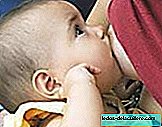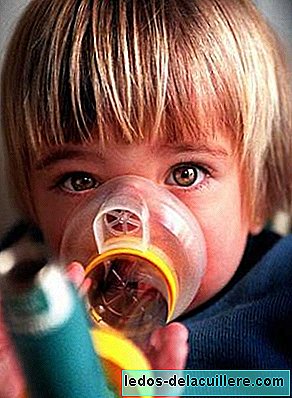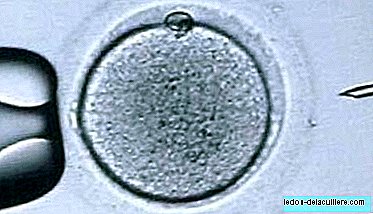
This is a problem for babies, as we know during their first year of life, the main food is milk and have a lactose intolerance complicates baby feeding. The symptoms of this intolerance are greater or lesser depending on the sensitivity that the baby has to lactose.
In younger babies, this intolerance can cause poor nutrition and gives them a bad appearance as a result, that is, it may not evolve properly in weight and height.
Lactose is present in all milks and the body assimilates it thanks to an enzyme called lactase. When the body is not able to generate an adequate amount of this enzyme, lactose is not assimilated and part of it passes through the semi-digested large intestine, so when it reaches the colon, the bacteria that inhabit it, ferment it and feces occur Very acidic and liquid. The deficit of this enzyme, lactase, can be of a genetic nature or be a consequence of an intestinal disorder. If it is genetic, the only solution will be to dispense with any food containing lactose. In the case of being caused by a virus, dairy intake is temporarily suspended and the disease is treated.
Lactose intolerance is very rare in newborns, although it can appear at any age, being more frequent when the child begins to drink cow's milk, from 6-8 months or after having suffered some type of viral infection intestinal.
Faced with such a problem, it is best to go to the doctor, he will advise us of the measures we must take and how to deal with this intolerance.












